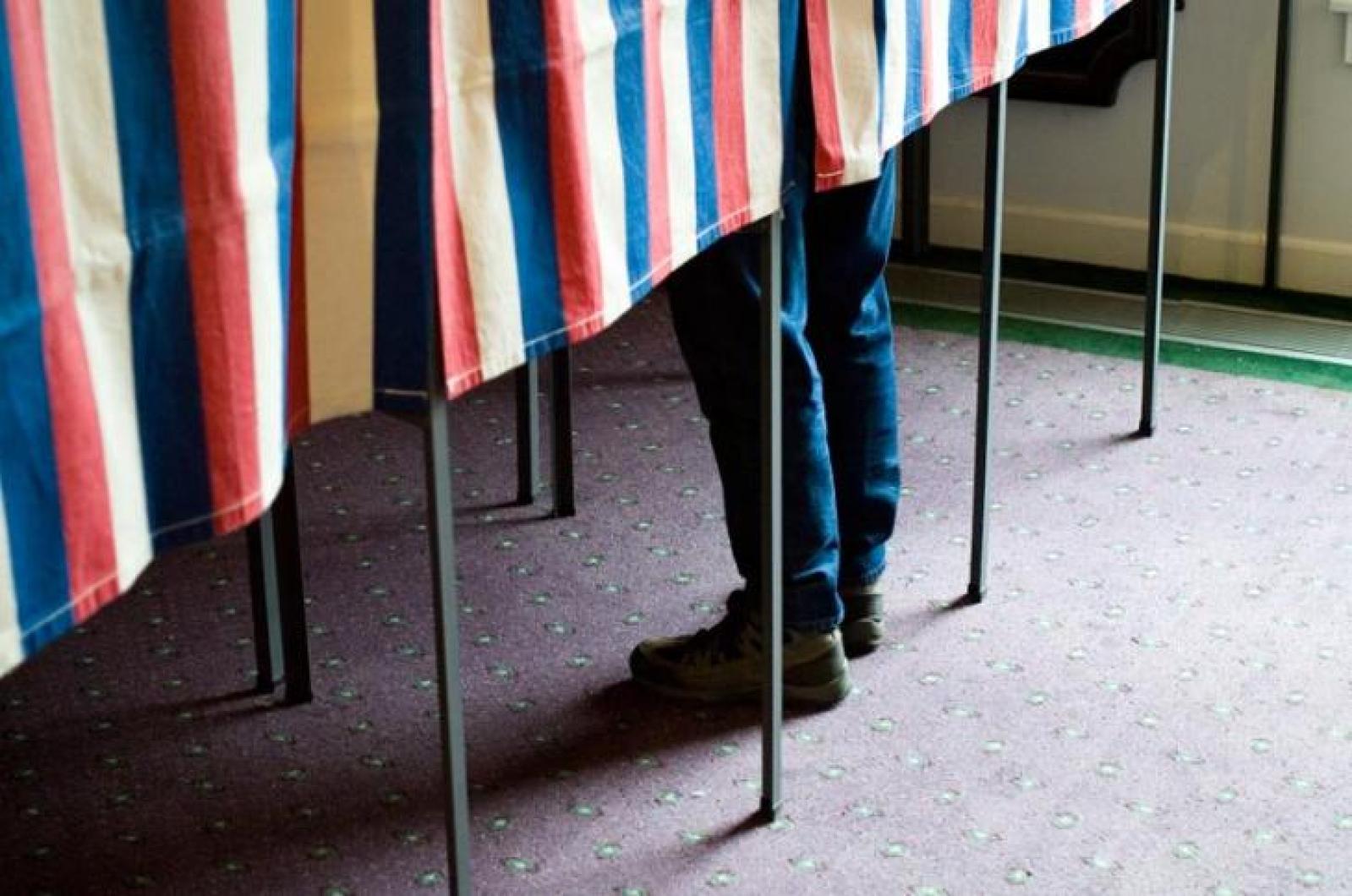The technology, media and telecom industry has had an unprecedented impact on this election. I think everyone — Democrat, Republican or independent — can agree that this year’s Republican nominee could never have gotten this far without the ascendancy of new media and the decline of the old.
Donald Trump bypassed the old media gatekeepers, the so-called “media elite,” and took his message straight to the electorate, using Twitter. Partisan websites and bloggers amplified his message. Mainstream television, under pressure from new media, gave the candidate abundant free air time, because his behavior was good for ratings.
This election may be remembered as the first where the relentless march of technology, having transformed the media landscape, began to disrupt our political process. Now, some would say our political process needs disrupting — and they may have a point.
The technology itself is nonpartisan. The same social media that fueled the Republican candidate gave voice to Black Lives Matter. Technology is a great gift to mankind. But it is a gift like fire. Its power for good is equaled only by its power for destruction. And sometimes I fear that destruction is gaining the upper hand.
Now, just days before a presidential election that would have been unimaginable four years ago, it is time for us to pause and consider: What have we wrought?
For better or worse, technology has destroyed the business model of traditional journalism. The great new institutions of the 20th century, print newspapers, the evening broadcast news, the trusted anchorman, are fading relics. In their place we have unlimited information, unfiltered, all the time. In this year’s presidential campaign, we are witnessing what happens when longstanding public institutions are dismantled without a plan for what follows.
In the new media landscape, the wall between news and entertainment is crumbling. The value of news is measured by its popularity. The loudest voice gets the most listeners. A lie bears equal weight as a fact.
By giving everyone a voice, and every voice unlimited reach, we have opened our national dialogue to bullies, bigots and buffoons — on both sides of the aisle.
This is not only an American problem. Extreme views are gaining ground in Europe. And in the run-up to the Brexit vote, one leader famously said that the public was tired of experts.
Yesterday’s news institutions were far from perfect. But they served an important civic role. They served as filters of information, sorting out facts from lies, and truth from innuendo. They gleaned the significant from the frivolous.
They set a standard for public discourse. And that standard was reasonably high. At their best, they helped to create what Thomas Jefferson called an enlightened citizenry. Jefferson knew that an educated public was the most effective bulwark against “the perversion of power into tyranny.”
I am not suggesting, or even wishing, that we could return to the past. But the time for disruption has passed. Now it is time to create, and to support, organizations that educate and enlighten the public. New media has given new voice to ignorance, and fear, and the worst of human nature. We have to fight back with truth, and reason, and our own best selves.
Raising the standards of what passes today for public discourse will not be easy. But if anyone can do it, it is people in the technology, media and telecom industry. They are the innovators and inventors. They influence what the public sees, and hears, and shares.
They are the people who discovered fire. Now they must ensure that we are protected from the fire.
Regardless of the results of next week’s election, for years to come our nation will be in need of some serious healing. This is the challenge. We need business models that support quality journalism. We need to use technology’s capacity to clearly, and quickly, delineate facts from lies — regardless of their source, and to develop media that require civility and respect when people exchange opinions.
In the last presidential race, in 2012, only 58 per cent of eligible voters actually voted. That means 93 million people who were eligible to vote did not bother to vote. If we could get those 93 million people to vote, I am confident that America would be a better place.
Ninety-three million people ought not to be sitting out this, or any election. We need media platforms to urge everyone to vote as if the future of America depends on it — because it does.
Vernon Jordan is a senior managing director of Lazard and longtime summer resident of the Vineyard. Adapted from a speech delivered in New York this week, this piece was published in the Wall Street Journal Nov. 3. It appears with permission.




Comments (7)
Comments
Comment policy »